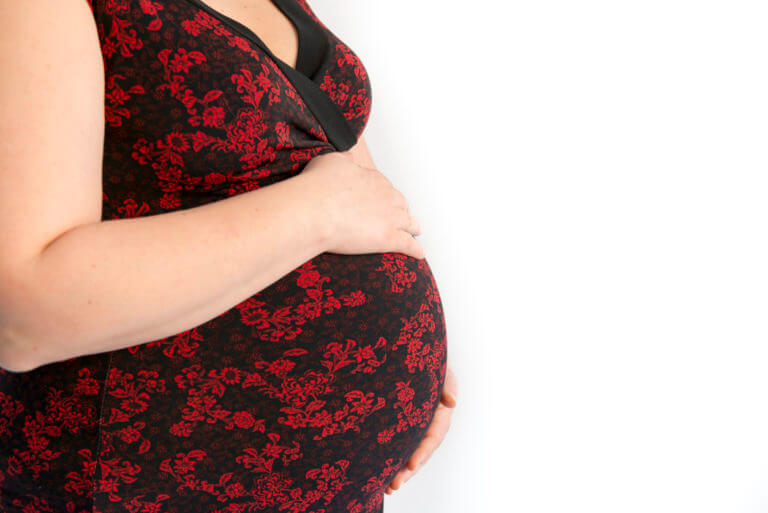
Being overweight is linked to heart disease, high blood pressure, diabetes, stroke, and cancer. The extra fat cells in the body put undue pressure on the other organs while also competing for resources – such as nutrition – and adding excess weight to the lower extremities and joints.
Pregnant women who were already overweight before the pregnancy are more susceptible to health problems during pregnancy than are women who are naturally within their normal weight range. Obesity can even prohibit a woman from having natural childbirth.
Let’s talk about how obesity can affect a woman’s and her baby’s bodies during pregnancy, and who you can talk to about how to have a healthy pregnancy.
How Is Obesity Measured?
Body mass index (BMI) is one of the measurements which are often used to determine whether a person is overweight. Your amount of body fat is calculated based on your height, weight, and gender.
A BMI that is 30.0 or higher on the BMI Index Chart is considered obese. A healthy BMI is 24.0 or less (but under 18.5 is considered underweight), and a BMI between 24 and 29.9 is considered overweight but not yet obese.
Complications Due to Obesity
If you are overweight and are pregnant or would like to become pregnant, your obstetrician will guide you in various strategies toward a healthy pregnancy and delivering a healthy baby. These strategies will help you avoid developing complications, which can be dangerous to your health as well as to your baby’s health.
A few of the most common complications of obesity in women who would like to have a baby include the following:
Becoming Pregnant
The first complication created by obesity is the difficulty a woman might have in becoming pregnant, because an obese woman’s body does not provide an optimum environment for a pregnancy to successfully occur. This is also true for obese women who are undergoing fertility treatments, as in vitro fertilization is less successful for women who are very overweight.
Gestational Diabetes
Gestational diabetes is diabetes that can develop in a woman’s body during pregnancy, and it usually goes away after the baby is born. Diabetes is characterized by high blood sugar.
A pregnant woman with this condition may or may not have been prediabetic before the pregnancy. However, extra weight is often the culprit behind gestational diabetes, which is problematic because it can impact delivery. The baby may arrive later than expected, and the condition may require a longer hospital stay after the birth.
Note that women who had gestational diabetes while pregnant are more susceptible to developing type 2 diabetes later on, so talk to your doctor about their recommendations for your good health.
Spontaneous Miscarriage
Statistics surrounding obesity and the problems associated for pregnant women are staggering, and one of those common problems is miscarriage. The good news is that most of these conditions can be addressed prior to or even during pregnancy. Your obstetrician/gynecologist will devise a health plan, including a healthy diet and certain supplements, that will be beneficial for both you and your baby.
Obstetricians and Gynecologists in Syracuse
The best-case scenario is to enter pregnancy at a healthy weight; but if you’re already overweight and pregnant, hope isn’t lost. Speak with your doctor about the steps you need to take in order to ensure a healthy pregnancy and a successful delivery.
Here at University OB/GYN Associates, our medical team will address any concerns that you have regarding pregnancy. If you’re interested in our women’s health services and would like to schedule a consultation, contact us today by calling us at (315) 464-5162. We look forward to seeing you here.



